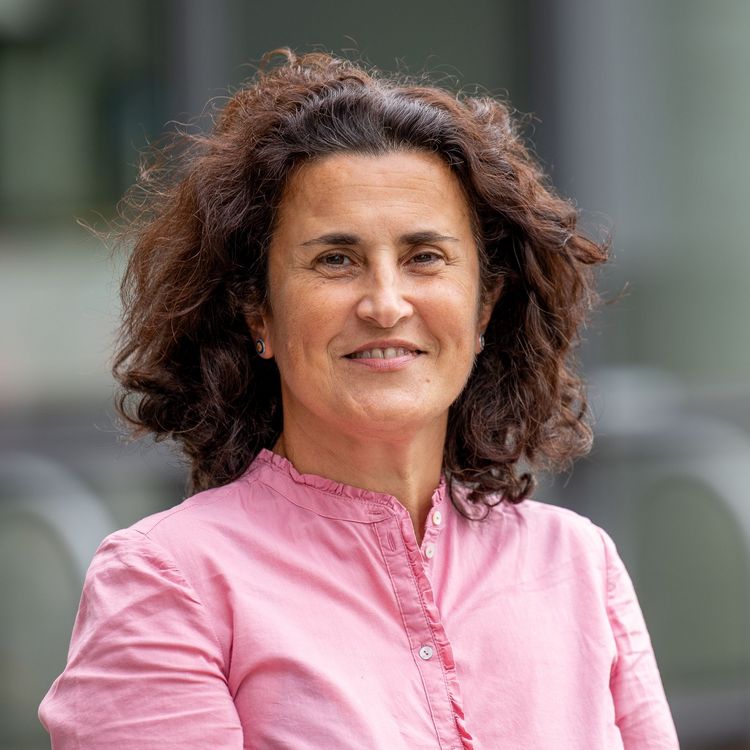Raising awareness of social problems
Professor Dr Ayça Polat has been appointed Professor of Social Pedagogy in the Migration Society at the University’s Institute of Educational Sciences. As an expert in critical migration research, Polat emphasises the social relevance of her subject area and aims to counteract various forms of group-based misanthropy through her work.
Welcome to the University of Oldenburg! What brought you here?
Oldenburg has been my hometown for more than 30 years. I went to University and did my PhD here. I also worked for the City of Oldenburg at the Integration Department for seven years. After several years in Kiel and Osnabrück, I am now returning to work in my hometown.
What is the subject of your research?
I focus on social inequality and discrimination from an intersectional perspective. This means that I analyse how different forms of discrimination interact – discrimination due to origins, gender, social class, religious affiliation or physical impairment, for example. Conversely, I’m also interested in how to facilitate and promote solidarity-based interaction, and in what conditions it can counteract inequality and discrimination. At a time when racism and other misanthropic positions are becoming socially acceptable once more, I believe that these questions have major socio-political relevance. For critical migration research it’s important to find ways to counteract the degrading categorisation and classification of people, both in theoretical discourse and in practice.
What do you really like about your field of study?
I like the interdisciplinarity: I come into contact with researchers from sociology, political science, cultural studies, psychology and school education, which is very enriching. I also find it important to be able to raise awareness of social grievances, discrimination and racism through my work. This is a tradition at the Centre for Migration, Education and Cultural Studies (CMC). I think it’s important to critically examine the structures in research, teaching and academic communication. On the one hand, this means looking at whether and how symbolic and institutional classifications of people are occurring. On the other hand, it means we need to reflect on how we can create conditions that guarantee the dignity and freedom of action of all people.
What are your plans for the first few months at our university?
Even before I officially took up my post I already had many productive discussions with various colleagues. It’s very important to me that we continue the CMC's good work in teaching, research and scientific communication. For me, this includes making new contacts both within and outside the university as well as reviving old ones.
Who or what influenced you most during your studies?
Because I studied both education and social sciences, I have encountered many different theoretical approaches and many different teachers, too. I was particularly influenced by teachers who encouraged a critical and inquisitive attitude. I consider being able to deal with ambivalences and ambiguities, both in discourse and in action, to be one of the key skills of our times. It helps us to approach the things we observe and perceive with both curiosity and a critical eye – and to reflect critically on yourself from time to time. That is my most important message to students.
Your tip for surviving on campus?
Based on Harper Lee's "To Kill a Mockingbird": You never really understand a person until you see things from his/her point of view.

